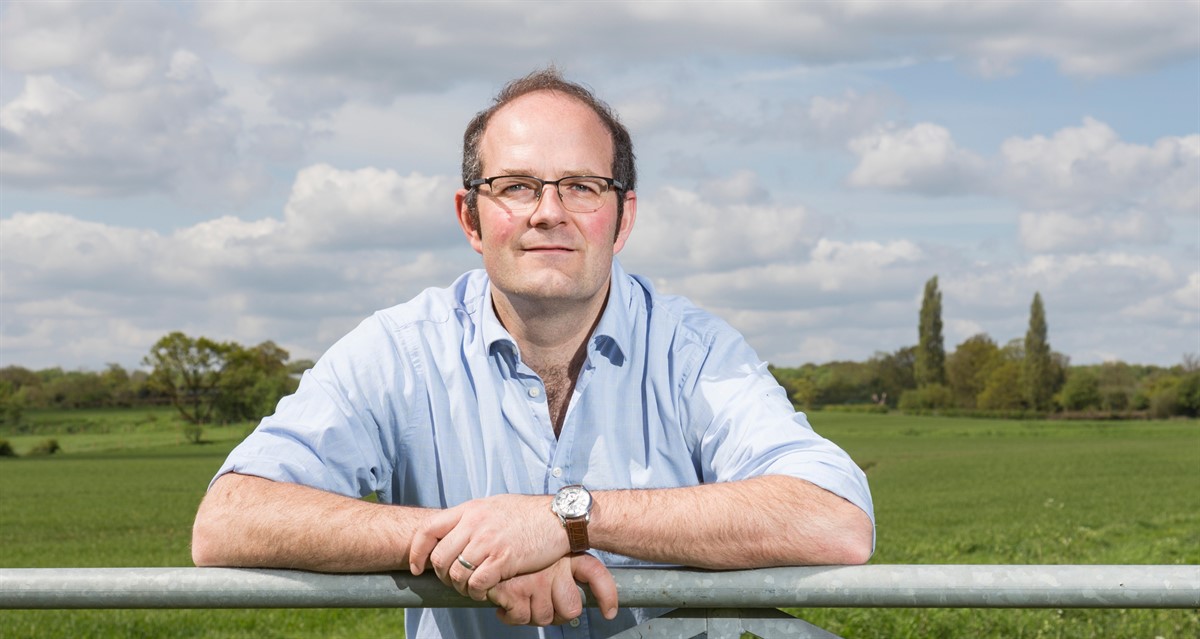We need to talk about the uplands. For years it has felt farmers in the uplands have been fighting battles on all fronts. This has been intensified in recent weeks by decrees of destocking livestock from common land on Dartmoor and even the outlandish suggestion from one former Defra adviser that sheep should go from the hills, for good.
I want to be very clear; livestock belong in the uplands. Sheep and cattle have been grazing there for hundreds of years and without them, some of our most cherished landscapes in the UK would look very different. Livestock, and the farm businesses that manage them, are a crucial part of conservation management, and rural communities. The loss of livestock could have a detrimental impact on the rich habitats found and loved in the uplands and also a disastrous effect on farming families and communities.
And of course, by grazing the hills, our livestock manage specialist habitats and environments, as well as producing protein-rich food.
Yet we’re hearing that farmers are being forced to reduce or remove their livestock to obtain Sites of Special Scientific Interest (SSSI) consent for Higher Level Stewardship rollovers. Not only has there been little discussion with land managers around the current condition of the SSSI on Dartmoor but there is evidence to show removing significant numbers of stock can result in loss of habitat for ground nesting birds.
The decision to remove stock comes without any consultation or support to counteract the loss of income to businesses and Defra continues to fail to provide suitable options in the Environmental Land Management scheme (ELMs) for uplands farmers.
Despite being repeatedly told more options are due, three years down the line we are no clearer on additional options available to upland farmers other than the very introductory Moorland Standard under Sustainable Farming Incentive. This is despite the wide range of public goods we know they deliver from repairing dry stone walls, maintaining habitats and supporting rural economies.
There is no way for these family farm businesses to make up their income. What’s more, farmers have only been given a matter of months to agree and implement destocking plans, with no clear way of appealing the decision. Rules change, farming adapts and progresses, but we wouldn’t expect any other business, let alone one as important as food production to operate under these conditions.
Upland farmers feel overlooked, ignored, and undervalued, rather than supported in running thriving farm businesses and valued for their public goods.
It doesn’t have to be this way. Our uplands farmers are proud to manage some of our most iconic landscapes and they have deep roots in the land. They want to continue farming the hills, to care for their livestock and deliver public goods.
Our government and Defra must listen and show that it truly values the uplands – not through warm words but through actions.
There are solutions that the government and Defra can put in place to support our admired uplands farmers. At our recent annual conference, NFU uplands forum chair Thomas Binns proposed the idea of stacking ELMs options as we transition from BPS, which could provide vital income. The NFU south west team recently met with the Defra Farming Minister to suggest ways in which the SSSI consent can be better managed. We’re working to get in front of Defra as much as we can on ELMs but also on SSSI to demonstrate the value of livestock, and farming businesses, in the uplands.
